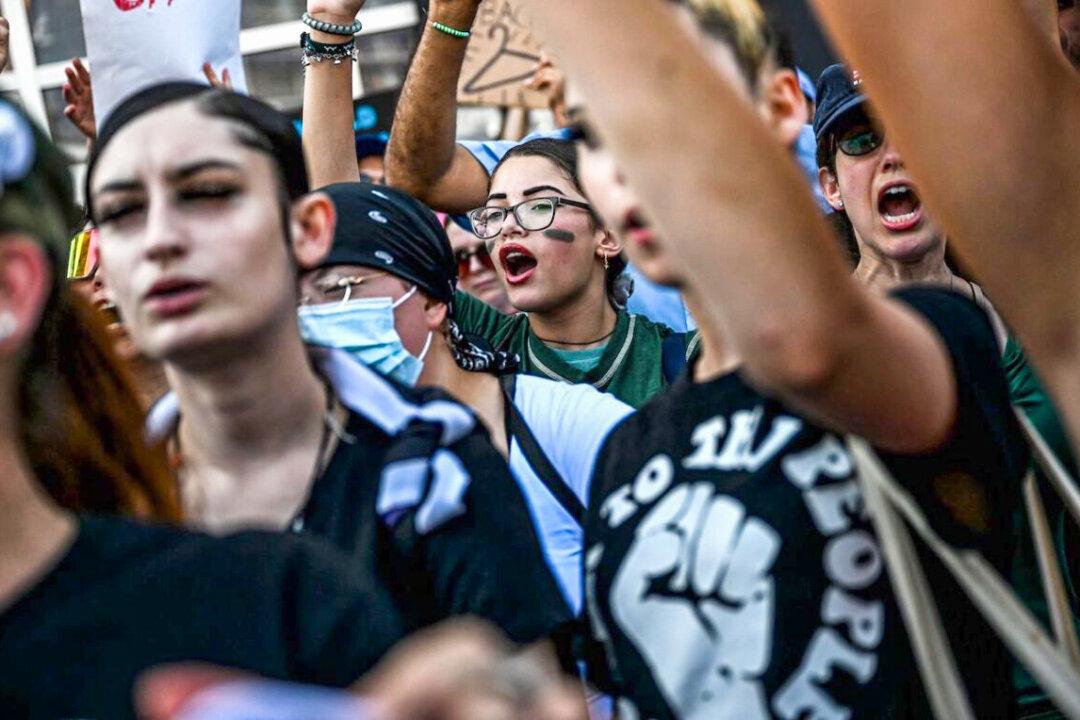Bans on abortions in Mississippi and Florida are taking effect this week in spite of efforts in the courts seeking to block the laws.
The news comes amid continuing legal battles in multiple U.S. states over abortion following the U.S. Supreme Court decision on June 24 that overturned Roe v. Wade and sent regulation of the procedure back to the states.




